
Gifting property requires understanding tax implications, stamp duty, and registration processes. Gift deeds offer benefits but are final and irreversible.

Buying land in India involves property registration fees and stamp duty, ranging from 7% to 10% of the property's cost. These fees vary by state, property type, location, and owner demographics, with women often receiving discounts. Online calculators simplify the process of estimating these costs.

Finding the perfect flat for rent in Delhi depends on individual needs and preferences. Consider factors like location, amenities, commute, and budget. Explore different apartment types and neighborhoods like Old and New Delhi, North, South, East, and West Delhi to find your ideal home.
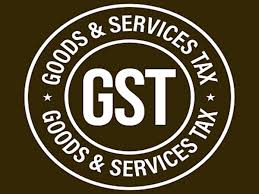
Explore an in-depth overview of GST's implications in real estate, its definitions, applicability, rates, and the distinction between affordable and non-affordable housing.

Understanding the stamp duty process for property sales in India, including payment methods, rates, and specific details for Delhi transactions.

Learn four legal ways to reduce property registration costs: appeal to the registrar, register undivided shares, utilize female buyer rebates, and understand local stamp act provisions. These strategies can significantly impact your budget.
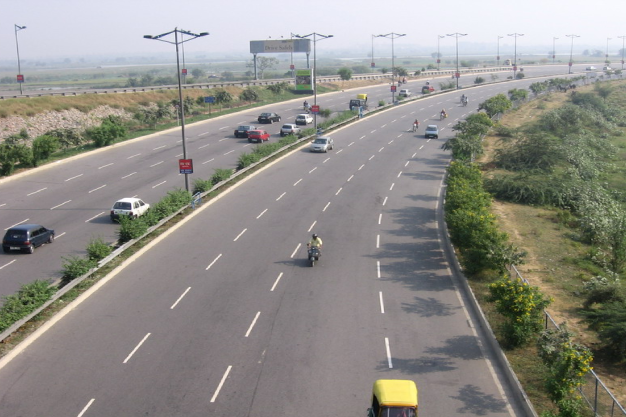
Explore the top four reasons to invest in Dwarka Expressway real estate, from enhanced connectivity to lower pollution levels and promising appreciation rates.

Buying residential plots in developing areas presents a promising investment opportunity. Connectivity, infrastructure, and amenities significantly enhance property value appreciation.

Investing in suburbs offers promising returns over a longer duration, while metro cities favor short-term investments due to skyrocketing property prices.
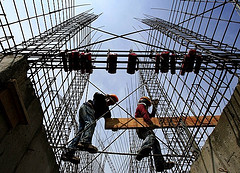
Pre-launch properties offer excellent returns in the booming real estate market. Gurgaon leads as an investor-driven market, followed by cities like Bangalore and Mumbai. Investing early maximizes profits and builders offer attractive incentives.
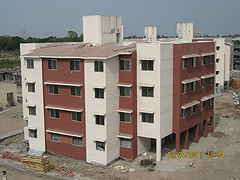
Property prices in major Indian cities appear stable, with corrections unlikely. Market conditions prevent significant decreases despite high inventory and builder resistance to cuts.

Real estate thrives in cities with high job growth, like Bangalore, Chennai, Hyderabad, and Pune, outpacing Delhi and Mumbai. This growth is driven by IT and other sectors, impacting property supply and pricing trends.
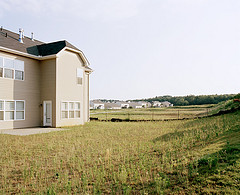
Tier 2 cities in India are attracting real estate investors due to higher returns, driven by rapid development, job growth, and IT expansion. These emerging markets offer lucrative investment opportunities compared to larger, saturated cities.

Farmhouses are gaining popularity among high-net-worth individuals as a status symbol and networking hub. Driven by lower land costs and relaxed regulations, demand is surging in metropolitan areas like Delhi and Mumbai, transforming these properties into venues for exclusive gatherings and events.

Delhi Metro's Phase III is expected to significantly boost real estate prices near stations, with potential increases of 20-30% over three years and more.

Navigating the real estate market can be complex, especially in India. This guide simplifies key real estate terms related to residential and commercial properties. Understanding these terms, from "Built-up Area" to "Percentage Lease", empowers buyers and investors to make informed decisions in the dynamic Indian property market.

Knight Frank expects the Indian property boom to persist into 2008, though the credit crunch may temper growth. Foreign investment remains strong in this promising market.